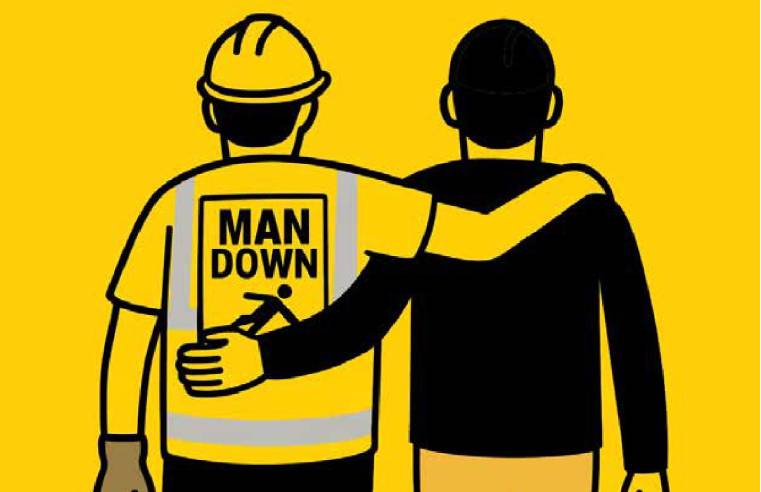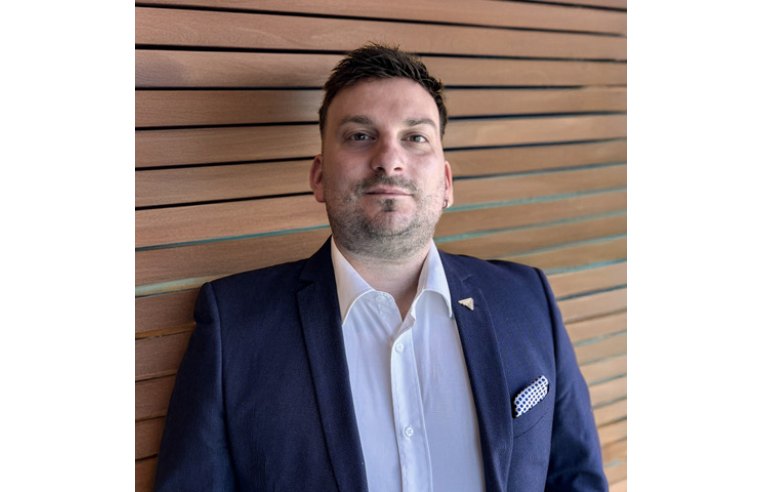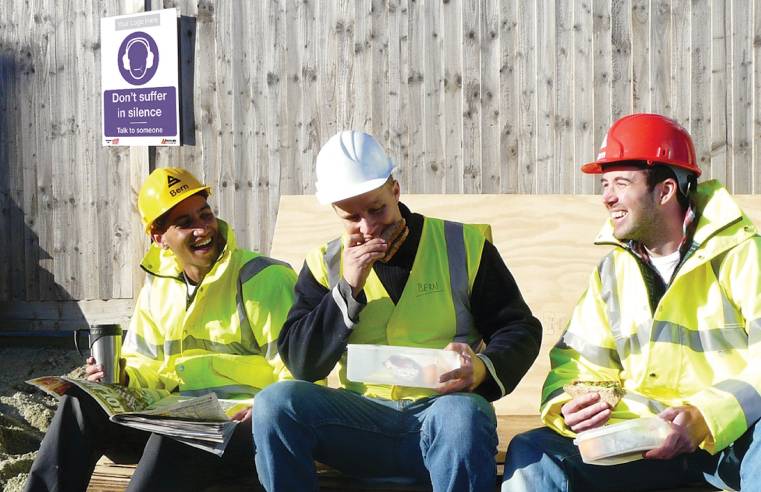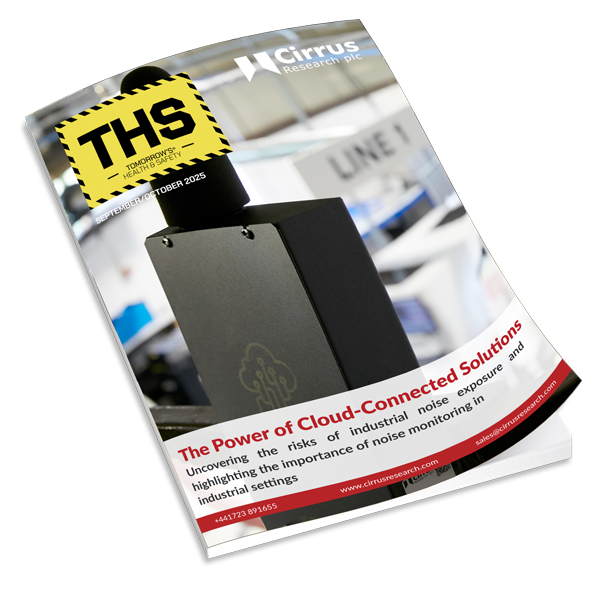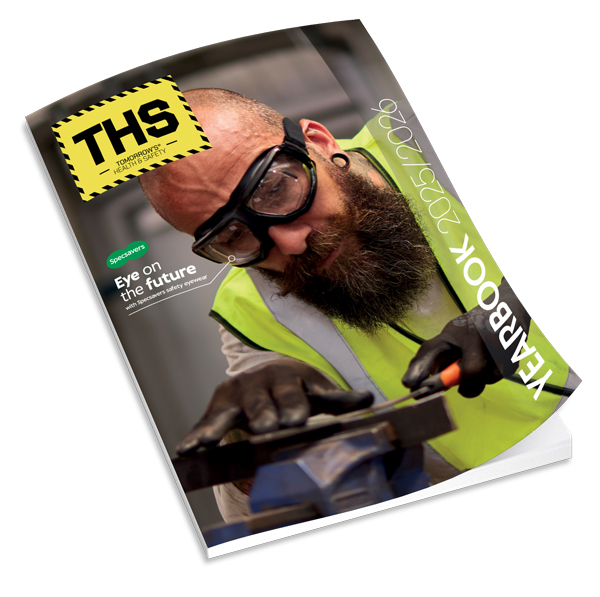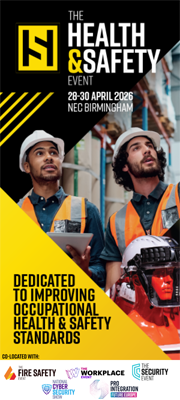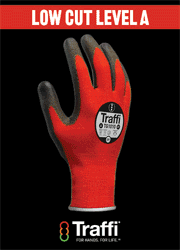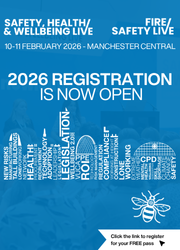As employers, are we recognising the importance of ‘sleep’ as a serious health and safety factor? Joanne Hunter, Head of Marketing at ProtectHear, looks at some of the research.
Sleeping well is vital to our wellbeing, improves both our physical and mental health, and boosts our immune system, which in these unprecedented times is a must for all of us. Many of us that enjoy the luxury of eight hours quality sleep most nights, tend to take it for granted. But, according to The Sleep Council, in Great Britain 30% of us, on the whole, do not sleep well for a variety of reasons.
Research highlighted by the NHS suggests that getting less than six hours of sleep each night could potentially triple a person’s risk of dying from heart disease or cancer, and links between lack of sleep and diabetes are well documented. However, sleep deprivation poses a much more immediate and daily threat for the industrial workers amongst us who earn a living working in hazardous environments.
Sleep deprivation can lead to fatigue, which is extreme and overwhelming tiredness, and can literally be a matter of life or death for workers in factories, industrial plants and other harsh work sites. Fatigue reduces a person’s energy to such a level that a significant amount of increased effort is required by that person to enable them to perform even the most routine, every-day tasks effectively. It will cloud a worker’s thinking, lead to errors of judgement, and cause reactions to be far slower than usual. Fatigue can make us very unsafe, as when excessively tired we can often misjudge our own state of mind and abilities, believing we can handle important decisions and tasks well, when in fact we cannot.
HSE statistics show that in the UK, 147 workers suffered fatal injuries during 2018/19 and 0.6 million non-fatal injuries were reported in the same period. Fatigue has been highlighted as a root cause for several of the most publicised major accidents of all time – for example, the Herald of Free Enterprise capsizing, the Chernobyl disaster and Clapham Junction rail crash. Fatigue is also implicated in 20% of our accidents on major roads. As employers, there is much we can do to reduce fatigue amongst our workforce:
Consult but take control
Fatigue is as serious as any other hazard in the workplace, and it warrants its own policy that deal with matters such as shift design, adequate breaks and rules about shift swapping. Employees should be consulted about their shift patterns, but as employers we must bear in mind employees may volunteer or request working arrangements that are unhealthy and likely to cause fatigue because of every-day, outside pressures such as the need to earn extra money, or please others at work or at home. An employer has a duty of care to ensure its workers remain safe, and must lead the way when it comes to tackling fatigue.
Monitor and enforce
The regular monitoring and record keeping of your employee’s fatigue is essential as the state and health of your employees will of course change on a daily basis. The Health & Safety Executive (HSE) provides a tool for measuring fatigue – its Fatigue Risk Index which is available online as a spreadsheet.
The tool was originally developed as a method of assessing the risk arising from fatigue associated with work patterns for safety critical workers. The tool uses two indices to arrive at its score – one measures fatigue and follows a nine-point scale ranging from one (extremely alert) to nine (extremely sleepy – fighting sleep). The other measures the relative risk of the occurrence of an incident on a particular shift – a level one represents the average risk on a 12-hour shift, and a value of two represents double the risk. The tool is used widely across industries including utilities, oil, gas, chemical and transport sectors.
Small steps offer big wins
To keep workers safe, employers in industrial sectors of course need to carefully think this through and put relevant policies and practices in place that suit their unique working environment, and this can be complex. However, there are a number of quick and easy steps that can offer big wins for industrial workers, especially those working shifts. The NHS recommends ear plugs as an effective and low-cost aid to improved sleep, with less side effects than medication. Providing your workforce with sleep plugs is a very quick win.
Night shift workers and on-call workers are particularly at risk from sleep disturbances, which over time will inevitably lead to fatigue. Day sleep is often lighter, shorter and more easily disturbed because of daytime noise and a natural reluctance to sleep during daylight hours.
The custom-moulded earplugs you provide to protect your workers' hearing whilst they are at work are made from unique mouldings taken from your workers’ ears. PPE suppliers like ProtectHear can provide sleep plugs at low cost made from the same mouldings they already hold in store for your workers. There’s no need to re-mould, a quick call to order your workers’ sleep plugs from existing moulds (as long as they are less than five years old) is all that is required.
Also, simple adjustments to working conditions involving lighting, temperature and ventilation can make all the difference to a worker’s wellbeing, hydration and comfort. All of which can lead to better quality sleep.
Acknowledging the links
Ensure you have a mental health policy in place, and that it acknowledges the importance of sleep and the dangers of fatigue. As outlined by the Government’s Health & Safety Executive – whether work is causing the mental health issue or aggravating it, employers have a legal responsibility to support their employees.
The relationship between sleep and mental health is complex. While lack of sleep is known to be a consequence of a number of psychiatric conditions, mental health experts suggest that sleep deprivation plays its part in the development and worsening of mental health problems. Sleep problems can lead to negative changes in mental health, and mental health conditions can also worsen problems with sleep. Lack of sleep may trigger the onset of certain psychological conditions. There seems to be a gear change in society as a whole in terms of how we recognise, acknowledge and support mental health.
Some believe we are on the brink of a mental health revolution in the workplace. Mental health still carries a stigma in many organisations initiatives such as the NHS’s ‘Every Mind Matters Campaign’ and the Government-backed ‘Time To Change Campaign’ have really started to build momentum, encouraging employers to take some shared responsibility for employee mental wellbeing.
Next year ISO are bringing out a new standard, ISO45003 which will offer accreditation for organisations re psychological health and safety in the workplace. We are also seeing government grants encouraging organisations to address mental wellbeing in the workplace. All of this will have a positive impact on fatigue related incidents and injuries in industry in the long term. Network Rail’s Validium Employee Assistance Programme is a good example of the way this is going.
Educate and promote
Adopt a culture that promotes sleep and rest periods. Recognise and reward a good work-life balance. Provide your workers with opportunities to engage in fatigue education, and training on how fatigue affects workplace safety.








